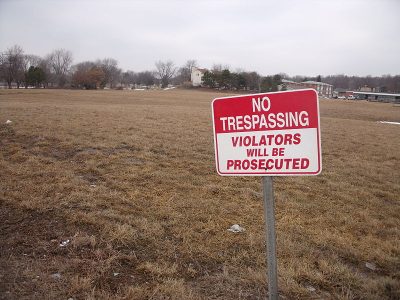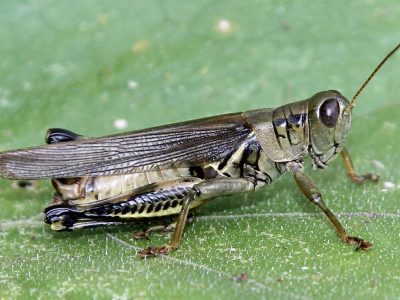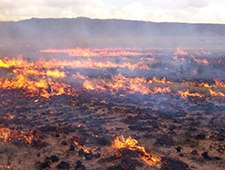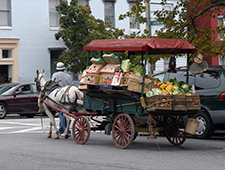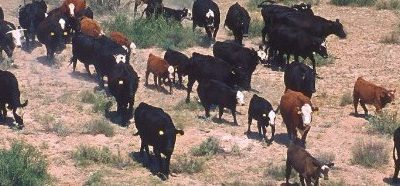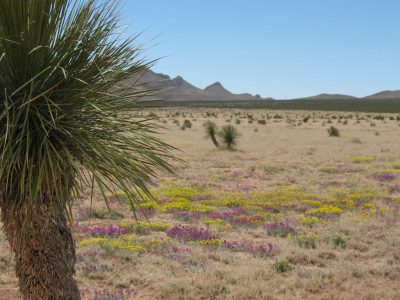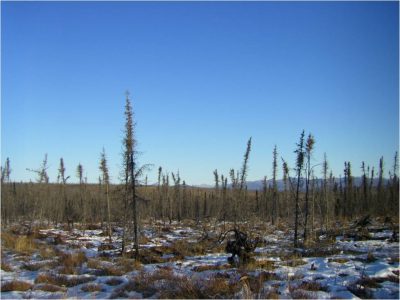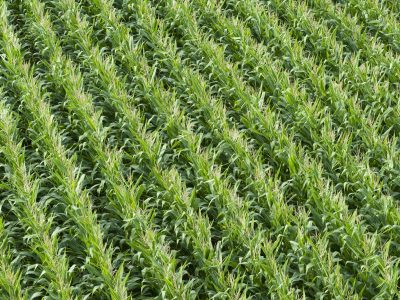Test of Ecological Theory Informs Stream Restoration Choices
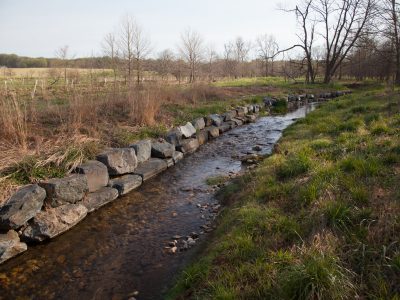
In the United States, society spends billions of dollars each year on stream restoration. Knowing where restoration efforts are likely to be most effective could help get more restoration-bang for those bucks. A recent study of 13 river restoration projects by investigators from the Baltimore Ecosystem Study LTER found that restoration appeared to be more effective at… Read more »

